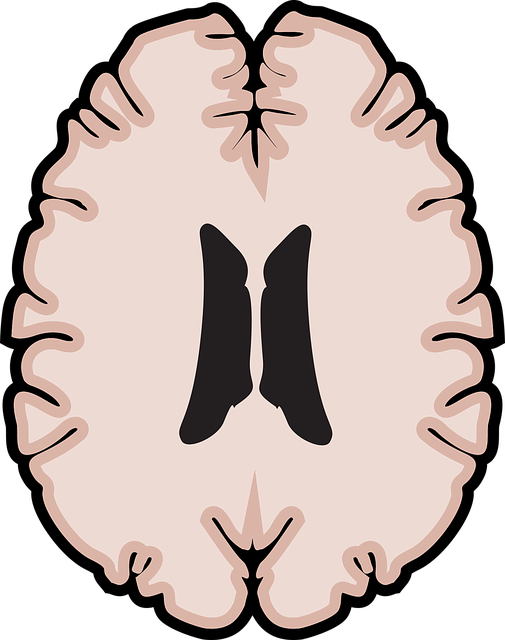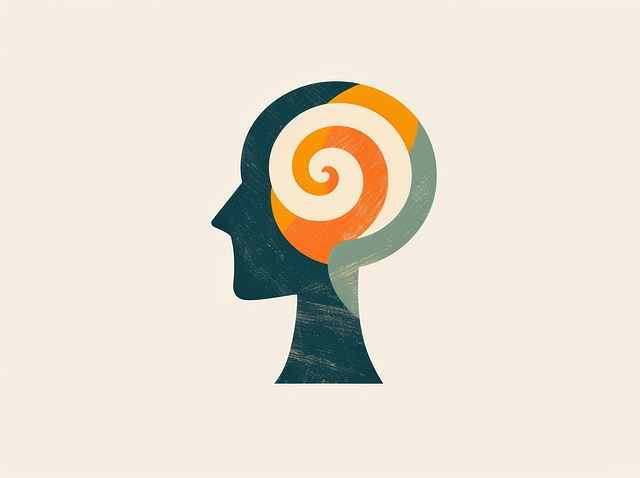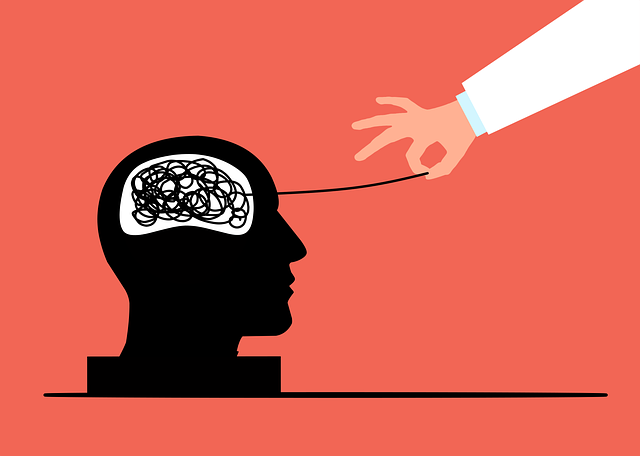Broomfield Chronic Illness Therapy stresses that understanding your mental wellness needs is key to developing an effective self-care routine, involving personal assessment of triggers, coping mechanisms, and habits. This holistic approach, focusing on emotional regulation, mindfulness, and tailored practices, empowers individuals to manage symptoms, foster resilience, and enhance overall well-being. Integrating self-care into daily life through consistent routines, like meditation or journaling, is crucial for maintaining mental wellness, as emphasized by Broomfield's education programs.
“Uncover the path to optimal mental wellness with this comprehensive guide. In today’s fast-paced world, prioritizing self-care is essential for maintaining a healthy mind. This article, inspired by Broomfield Chronic Illness Therapy, takes you on a journey of self-discovery, offering insights into understanding your unique mental wellness needs.
We’ll explore the building blocks of an effective self-care routine and provide practical strategies to integrate these practices into daily life. Get ready to embrace a transformative journey towards enhanced mental resilience.”
- Understanding Your Mental Wellness Needs: A Personal Assessment
- Building Blocks for a Self-Care Routine
- Integrating Self-Care into Daily Life: Strategies and Tips from Broomfield Chronic Illness Therapy
Understanding Your Mental Wellness Needs: A Personal Assessment

Understanding your mental wellness needs is a crucial first step towards developing an effective self-care routine. It’s akin to navigating uncharted territory; before embarking on a journey, one must assess their starting point and destination. Similarly, in the case of mental health, recognizing personal triggers, coping mechanisms, and emotional patterns is essential. This process involves introspection—a honest look at your daily habits, environmental influences, and any underlying conditions like chronic illness that might impact your mental wellness.
Broomfield Chronic Illness Therapy emphasizes the importance of this personal assessment as a foundation for holistic care. By recognizing individual needs, one can tailor self-care practices to promote mood management and overall mental health. This may include adopting healthy lifestyle habits, engaging in stress-reducing activities, or seeking professional support when necessary. It’s about fostering resilience and empowering individuals to take an active role in nurturing their mental wellness, much like a gardener tends to their garden, cultivating a vibrant and thriving inner landscape.
Building Blocks for a Self-Care Routine

Building a robust self-care routine is a transformative journey, especially for individuals navigating Broomfield Chronic Illness Therapy or exploring mental wellness coaching programs development. It’s about creating a set of practices tailored to your unique needs and lifestyle. The foundation lies in understanding that self-care isn’t just about treating yourself but also about cultivating emotional regulation skills and incorporating compassion cultivation practices into daily life. This might include setting aside dedicated time for activities like meditation, journaling, or engaging in creative pursuits known to boost mood and reduce stress.
A well-rounded routine should address physical, mental, and emotional aspects of wellness. Regular exercise, sufficient sleep, and a balanced diet form the physical pillars while mindfulness exercises and positive self-talk contribute to mental clarity and emotional resilience. By incorporating these building blocks, individuals can better manage symptoms associated with chronic illness and cultivate a deeper sense of compassion towards themselves, ultimately enhancing their overall well-being.
Integrating Self-Care into Daily Life: Strategies and Tips from Broomfield Chronic Illness Therapy

Integrating self-care into daily life is a vital aspect of maintaining mental wellness, and Broomfield Chronic Illness Therapy offers valuable insights on this journey. They emphasize that self-care isn’t just an occasional activity but a continuous practice designed to nurture your mind and soul. By incorporating small, consistent routines, individuals can experience significant improvements in their overall well-being.
The therapists at Broomfield suggest starting with identifying personal needs and preferences. This may include practices like meditation or mindfulness exercises to reduce anxiety relief and promote mental clarity. Additionally, engaging in activities that foster compassion cultivation can enhance self-care rituals, leading to improved emotional resilience. With a focus on mental health education programs designed for individual growth, these strategies offer a holistic approach to self-care, ensuring it becomes an integral part of one’s daily routine rather than a mere reaction to stress or illness.
Developing a mental wellness self-care routine is a transformative journey, as recognized by experts at Broomfield Chronic Illness Therapy. By understanding your unique needs through personal assessment, you can establish robust building blocks for self-care. Integrating these practices into daily life offers strategies to enhance resilience and overall well-being. Remember, consistent self-care is not just a trend but a vital investment in your mental health, ensuring a more balanced and fulfilling life.














